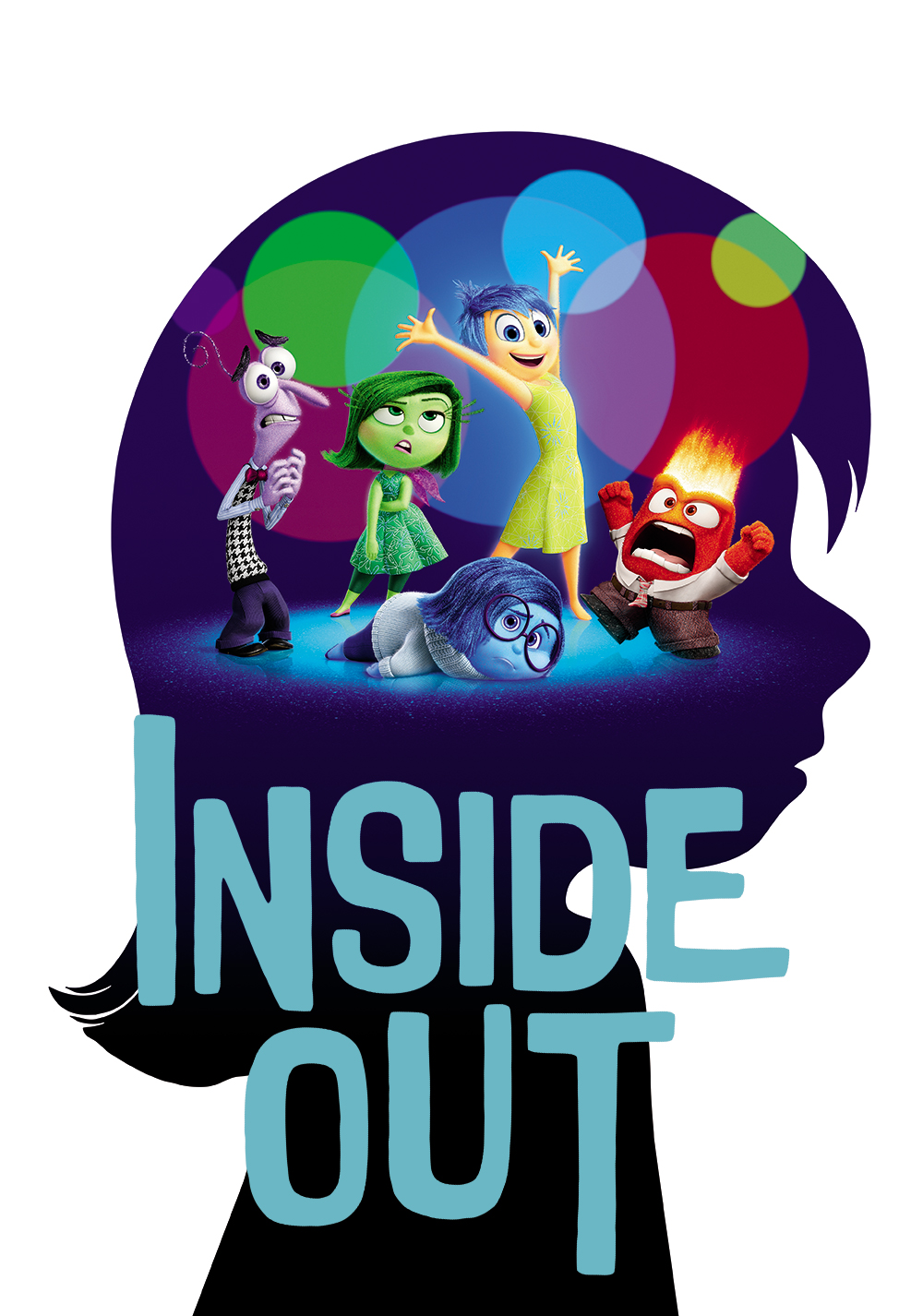“Inside Out” is a movie that was produced by “Pixar Animation Studios” and directed by Pete Doctor. The movie depicts the cartoon version on neurological work of the brain when controlling a person’s emotions, separating out the different emotions into five characters,
“Joy, Sadness, Fear, Anger, and Disgust.”
During her adolescent years, Riley and her family relocated to San Francisco when her father got a new job, and in the midst of preparing to adapt to her new surroundings, the manifestations in Riley’s brain, Joy and Sadness, caused an accident which led to a malfunction in Riley’s emotions and thus leaving Fear, Anger, and Disgust to become the main leads in controlling Riley’s emotions, turning Riley from a jubilant girl into someone who is depressed and stoic. Joy and Sadness who are away from the Headquarters of the brain, then strives hard to return to the Headquarters while traveling the complex world of the brain storage, in order to restore Riley to her exuberant self.
Watching this movie, I thought to myself, “Why, out of the five manifestations, is there only one manifestation (Joy) which is with the positive outlook?” It may be due to the fact that the director of the movie used his daughter as a blueprint when writing the script, so he used what he experienced when his daughter was in her teens, having mood-swings as a guide?
The plot of the movie was rather easy to catch – simplifying the complicated brain by molding it together with the emotions, and displayed through the interesting characters and the inner world of the brain. But there is a part of the movie that made me think rather deeply: Whether if memories could be [rewritten] by reasoning and emotions.
When Sadness began touching Riley’s happy memories, she accidentally turned one of the core memories into a sad memory in an instant! And when Sadness got expelled out of the Headquarters into the complicated labyrinth area of the brain along with Joy, Riley’s memories of the past began to blur, and negative thoughts sank in.
Deep memories will still give people a sense of clear nostalgia no matter how long times have passed. Just like a limb recovering from an injury, as the brain has the record of the injury, when the person thinks about it they will still feel the pain or even feel uncomfortable about it. An even more serious example would be the [Post-Traumatic Stress Disorder (PSTD)].
If memories could be rewritten, then can we also rewrite the times of hardship and trauma too?
Those who read <Harry Potter> would know of the [Memory Charm] that could cause the painful memories of the afflicted to resurface, and to win over the charm, it is to let the thoughts of one’s brain to be filled with happiness and positive thinking, allowing no cracks for the evil spell to attack. This can be applied in our daily lives as well, just as Harry just started out on learning how to fight against the spell, you would not be able to block the negative memories completely in the beginning, but it is to overcome the core of the negative thought while raising your level.
The power of thoughts is so great, just as the bible says: [Above all else, guard your heart, for everything you do flows from it. – Proverbs 4:23] It was also mentioned even more deeply in the 30 lessons: [Human beings live with the [physical body], thus <the core of a human being> is the “physical body”. <The physical body> is operated by the “thoughts”, thus <the fundamental core of a human being> is the “thoughts”.]
[If <the thoughts> malfunctions, it is the same as “the body” breaking down. If <the thoughts> are abnormal, even if “the body” is perfectly fine, it would not be able to perform its function properly even for the smallest work you had to do.] Problems all occur starting from the restrictions and diseases of the brain.
The fear that human beings experiences all comes from the painful memories they have in the past, causing their thoughts to be weak. It would need to take a huge amount of accumulated courage to overcome that fear. Thus, it is to challenge the [persistence] of your thoughts! And let us allow Joy to help us establish our [happiness]!
<Thoughts> are the [lifeline of our lives]. You succeed at the <thoughts>. – Providence Church, Pastor Jung Myung Seok (Joshua).


Leave a comment